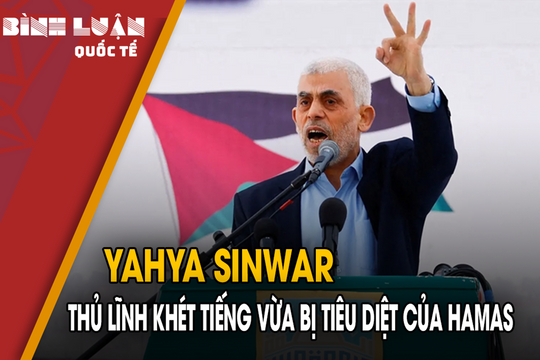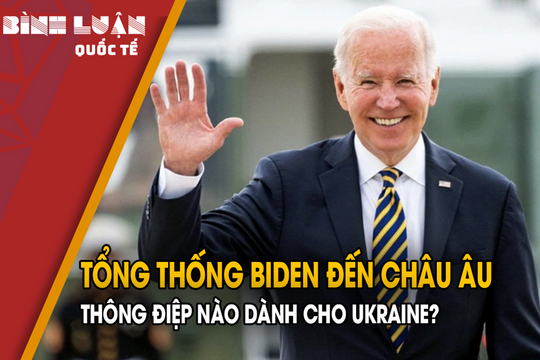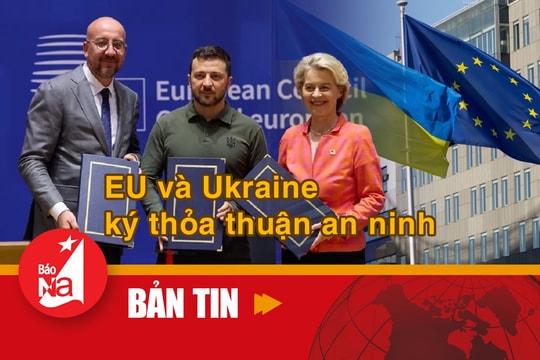What will happen to Cuba when Raul Castro leaves the presidency?
(Baonghean.vn) - Cuban President Raul Castro is scheduled to step down this week, after serving two five-year terms. The question now is what changes will take place under Vice President Miguel Diaz-Canel, the only official candidate to replace him, after six decades of Castro's rule of the country.
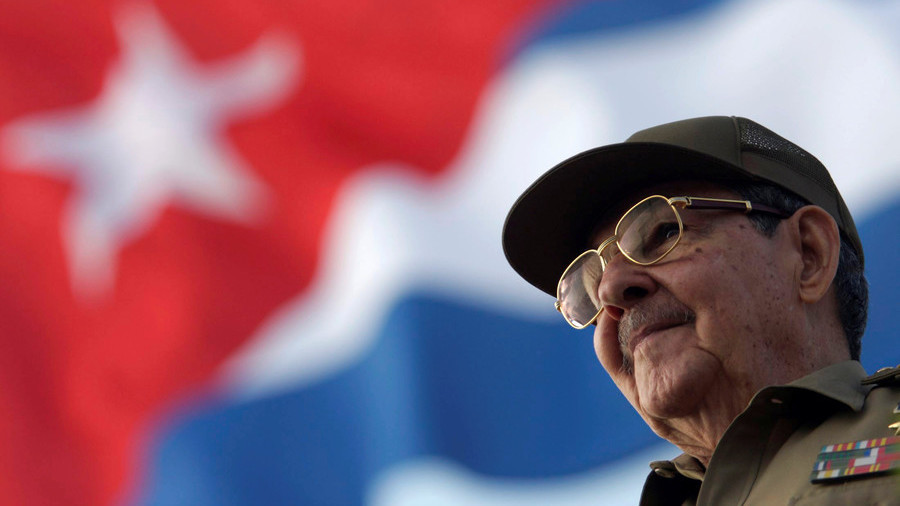 |
| Mr. Raul Castro. Photo: Reuters |
The Castros have ruled the socialist country since the 1959 revolution. After Fidel retired in 2008, his brother Raul took over. Now that Raul has announced he will step down, Diaz-Canel, the Communist Party's hand-picked successor, is almost certain to take over when the vote is held on April 19.
Diaz-Canel will face economic difficulties, as well as the challenge of maintaining relations with US President Donald Trump, who last year made moves to reverse the diplomatic warming achieved under the Barack Obama administration.
No change in policy
Although Mr. Castro will no longer have direct control of the government, he will continue to be involved in politics. Castro will continue as head of the ruling Communist Party until 2021, acting as a “behind-the-scenes” figure shaping the country’s policies.
“He remains at the helm of the party and will control the situation,” said Zbigniew Ivanovsky, head of the Center for Political Studies at the Institute of Latin American Studies of the Russian Academy of Sciences.
Therefore, it is unlikely that Cuba's new leader will steer the country in a new direction, as noted by Professor of Latin American and Iberian Studies at Paris IV-Sorbonne University Salim Lamrani.
Cuba's health care system ranks 23rd in the World Health Organization (WHO) rankings, above developed countries like New Zealand (40) and South Korea (58). Cuba's literacy rate is also ranked 3rd in the world.
“There will be no turning point in Cuban policy because the people of the island want to maintain the Castro model of society,” Lamrani said. “The Cubans want to preserve their independence and all the social achievements, such as free education and health care, culture for all, security that the Cuban Revolution has brought.”
Can Diaz-Canel boost Cuba's economy?
While Cubans enjoy free access to health care and education, as well as subsidized food and housing, consumer goods are scarce. Salaries in Cuba are just $20 a month, and there are only 173,000 cars in the country of 11 million. Economic growth has stalled in recent years, after an initial surge when Raul Castro introduced some free-market reforms in 2011. Diaz-Canel will need to work toward repairing Cuba’s stagnant economy – but is unlikely to find sanctions relief from Washington.
“Cuba needs to improve its economic situation, even if the main obstacle to its development is the US economic sanctions,” Lamrani said. “Cuba also needs to face the hostile policy of Trump himself, who has undone the small steps that Barack Obama had made and returned to a policy of confrontation.”
The United States has maintained a comprehensive trade embargo on Cuba since 1962. After Barack Obama’s efforts to normalize relations with Cuba, President Trump tightened sanctions even further last November, banning most Americans from visiting the island.
Without free trade with the US, Cuba will need to improve its agricultural production to become self-sufficient. Cuba currently imports 80% of its food, so Diaz-Canel certainly has his work cut out for him.
“The Cuban economy is in a transitional phase, with small businesses and small-scale commerce flourishing,” said Zbigniew, who, like Lamrani, called the economy one of Diaz-Canel’s main challenges. “In general, public opinion is divided into two camps: a part of society and the party leadership believes that reforms need to be pushed forward, while the more conservatives believe that there is no need to rush and that it would be a deviation from socialism.”
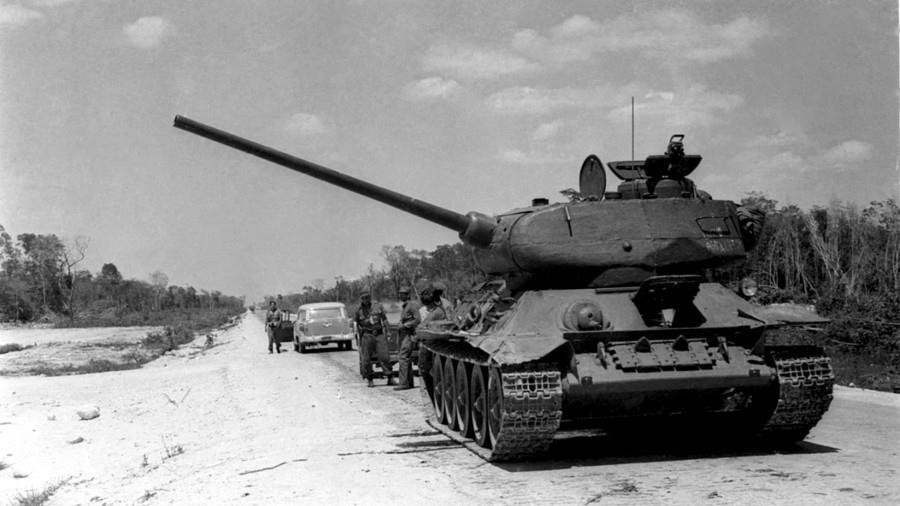 |
| Cuban armed forces tanks near the site of the Bay of Pigs incident on April 19, 1961. Photo: Reuters |
Will America seek further invasion?
Relations with the US will largely depend on Washington’s stance, Lamrani also noted. “Cuba has always expressed its willingness to have normal and peaceful relations with the US as long as these relations are based on sovereign equality, reciprocity and non-interference in internal affairs,” he said.
For Havana, relations with the United States revolve around two important issues. Cuba wants the United States to withdraw from the naval base at Guantanamo Bay and lift the trade embargo it has imposed. Washington’s position is that Cuba must “democratize” and implement broad free-market reforms. Ivanovsky is cautious that neither side will be able to achieve what they expect: “The most likely scenario is that relations will remain at the current level, while the key issues remain unresolved.”
The US government has made numerous overt and covert attempts to overthrow the Castro regime since the 1959 revolution. In 1961, the CIA funded and engineered the Bay of Pigs invasion, in which defectors from the Castro regime attempted to stage a coup with US military assistance.
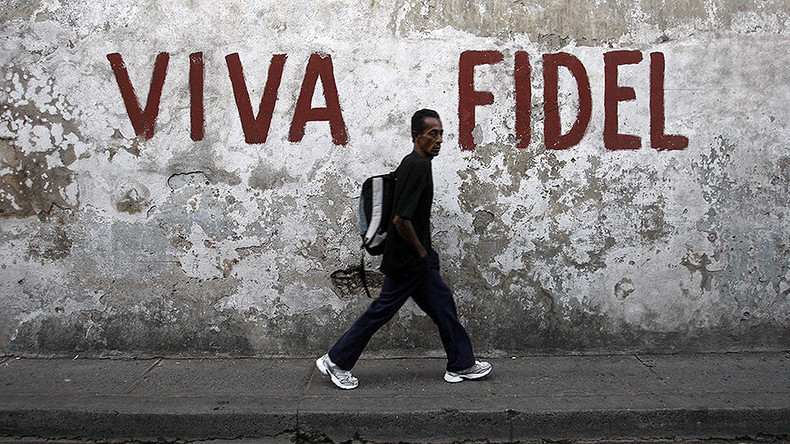 |
| A resident walks past a wall with the words "Fidel lives forever" in Santiago de Cuba. Photo: Reuters |
The invasion was a complete failure and a major diplomatic embarrassment for Washington. Since then, according to Cuban officials, Fidel Castro has avoided hundreds of assassination attempts. The CIA allegedly bribed a former lover to poison Castro, tampered with a cigar so it exploded in Castro’s mouth, and at one point sent the Cuban leader a poisoned milkshake.
According to Lamrani, the US is unlikely to engage in any more reckless intervention, opting instead for a less direct approach. “The Trump administration will try to overthrow Cuban society,” Lamrani predicts. “But the result will be the same as any other administration: total failure.”

.png)


